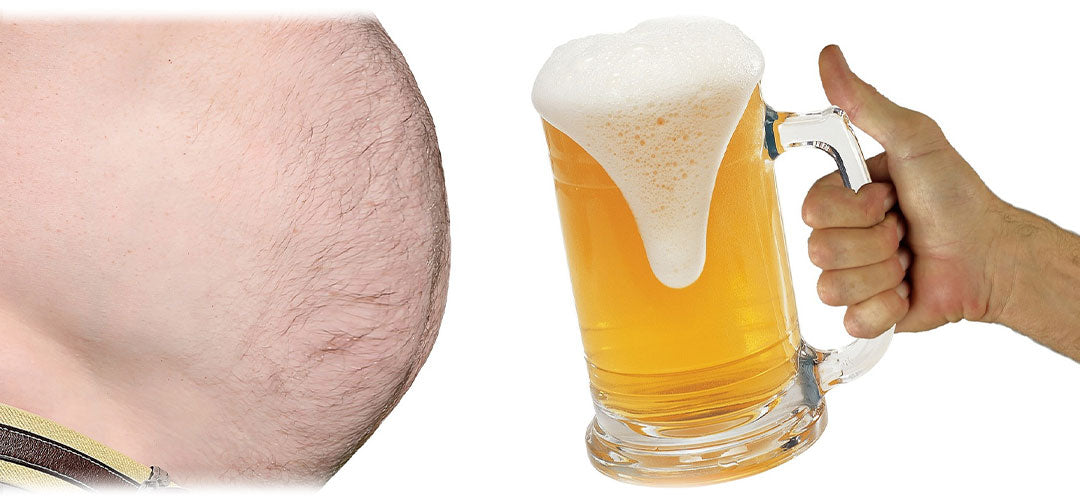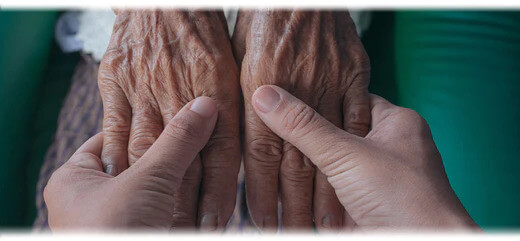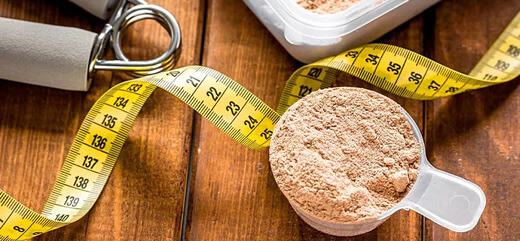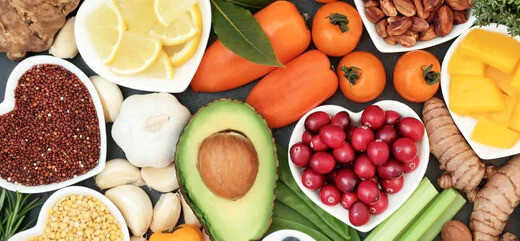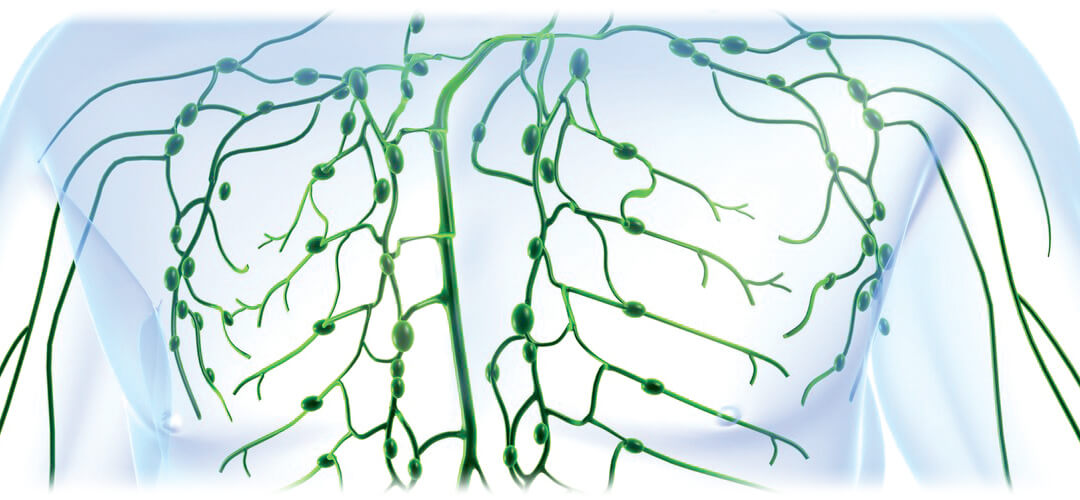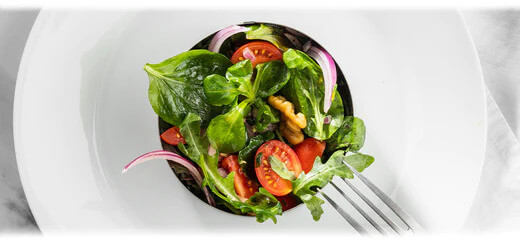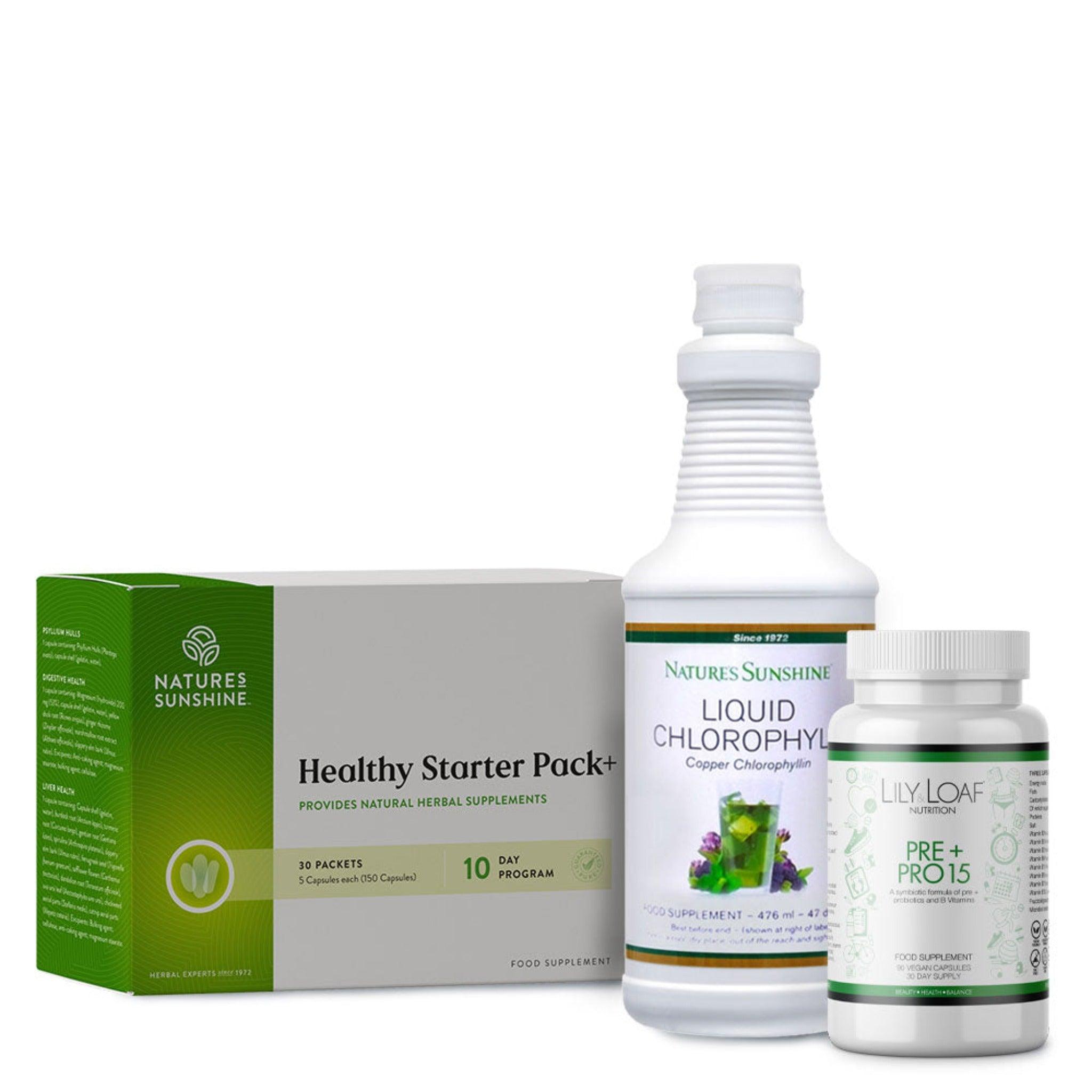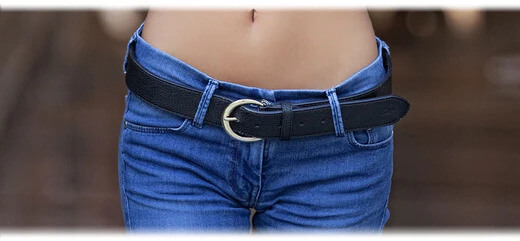
When it comes to overhauling your lifestyle, knowing how to detox your body to lose weight will stand you in good stead.
There are many variables which will determine your success when it comes to maintaining a healthy weight. Your diet, general health, fitness levels and the amount of exercise you do will all come into play.
So will creating the ideal conditions within your body to enable it to convert the right foods into energy, build muscle and burn fat more effectively. Detoxification, or detoxing, is the process of eliminating many of the harmful substances – toxins – from the body so its essential functions can work properly. Smoking, alcohol, caffeine, pollutants and processed fats and sugars can all increase the number of toxins within the body.
When too many toxins are present, your vital organs including your liver, kidneys, lungs, skin and digestive system need to work harder to get rid of them. And if your organs aren’t working as they should, it can lead to longer-term health implications.
Your body is equipped with the tools it needs to eliminate these toxins naturally. However, detox diets are a way of giving it a helping hand, by optimising your natural detoxification systems to take some of the strain off your organs.
So, if you’re interested in discovering how to detox your body to lose weight, read our tips below.
WHAT IS DETOXING, AND HOW DOES IT WORK?
A toxic environment in the body can affect your immune system and provide an ideal habitat for bad bacteria to thrive and re-circulate. Detoxing your body is the process of flushing all the harmful substances it might have picked up from its diet or environment out of its system. This will help your liver and other vital organs to function as they should.
The human body is a complex ecosystem of tissues, cells and chemicals, which all rely on each other to work correctly. Too many toxins can lead to an imbalance in one part of the body, which can have a knock-on effect on the others.
For example, drinking too much alcohol can place additional strain on your liver, which has to break it down, which means your heart, digestive systems and other organs may have to work harder to compensate.
Over the long-term, this can lead to serious health implications if not addressed.
If you’re looking to maintain a healthy weight, detoxing can help. It can also have other benefits, including reducing fatigue, clearing up your skin, improving sleep and creating more nutritious eating habits.
Effective detoxing can be achieved by cleaning up your diet. This involves merely eating more whole foods, fruit and vegetables and cutting out processed foods, complex carbohydrates and saturated fat. More extreme detox diets include things like fasting or using laxatives and diuretics to flush out your dietary and urinary systems. While we wouldn’t advocate taking such drastic steps, with a few small tweaks to your diet and the right nutritional support, you can detox your body more naturally.
These include:
- Cutting out junk or processed foods
- Cutting back on takeaways and fizzy drinks
- Reducing your alcohol, caffeine and sugar intake
- Staying hydrated
- Stopping smoking
- Getting plenty of fresh air
- Relaxing and avoiding stress
- Getting more sleep
There are also natural, nutritional supplements and products available to help you cleanse and refresh your key body systems, replenish your healthy bacteria and chemicals and restore your hormonal balance, for optimal health.
HOW TO DETOX FROM ALCOHOL
Many people enjoy the odd tipple with a meal or when socialising with friends. Some studies even suggest that small amounts of alcohol can have health benefits. However, too much alcohol can lead to many long-term health problems.
Your liver metabolises around 90% of the alcohol you drink. It breaks alcohol down into a toxin called acetaldehyde, which is further converted into a harmless substance called acetate, which is then flushed naturally from the body. However, having too acetaldehyde in your body before it is broken down can cause a host of severe health problems, such as chronic liver disease and damage to your other organs.
Excessive drinking can also lead to fat build-up, inflammation and scarring of the liver, which prevents it from functioning properly. So, if you want to detox from alcohol, there are a few steps to follow.
You should always follow healthy drinking guidelines.
In the UK, the NHS advises that men and women shouldn’t drink more than 14 units a week regularly. If you regularly drink 14 units a week, you should spread this over at least three days.
If you’ve had a heavy night, give your liver – and the rest of your body – the chance to recover properly. While ‘hair of the dog’ sounds good in theory, putting more alcohol into your system before your liver has had a chance to properly process what’s already there might not be the best idea.
Drinking plenty of water and avoiding caffeine will also help. So will eating fresh, natural foods and topping up your vitamin C intake after a drinking session.
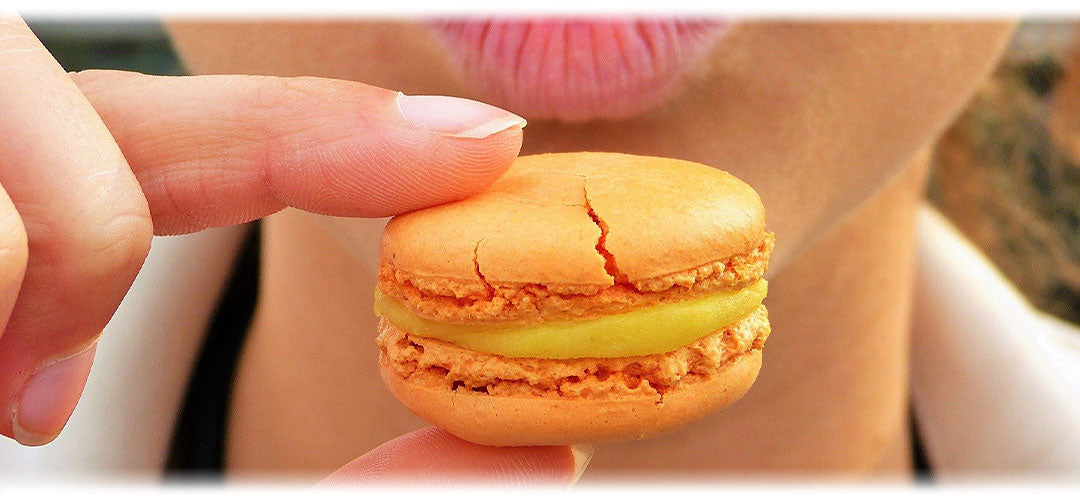
HOW TO DETOX FROM SUGAR
While we all like a sweet treat every now and then, too much sugar (and processed food) can lead to a host of health problems, including obesity, diabetes and other chronic diseases. Your heart, liver and kidney function can all be impaired by excessive sugar consumption, because they must work harder to metabolise and burn it off. This, in turn, can damage your body’s natural ability to detoxify and place additional strain on your vital organs.
Too much sugar can also rot your teeth, interrupt your sleep patterns and lead to spikes and crashes in energy. The only way to detoxify from sugar is to reduce your intake. Opt for low-sugar versions of your favourite foods – the hidden sugar in things like pasta sauce and curry can be eye-popping.
Reduce temptation by replacing biscuits, sweets and chocolates with healthier options like fruit or veg sticks. Cut down on the amount of high-sugar fizzy drinks you buy and opt for natural juices instead. Drink herbal teas instead of adding sugar to your cuppa.
Give dark chocolate a try instead of milk chocolate – it usually contains less sugar. And if you really can’t live without sugar, the odd cheat day is fine. Provided you don’t overdo it, or make it too regular, having the odd sweet treat will fire your metabolism and keep the cravings at bay.


